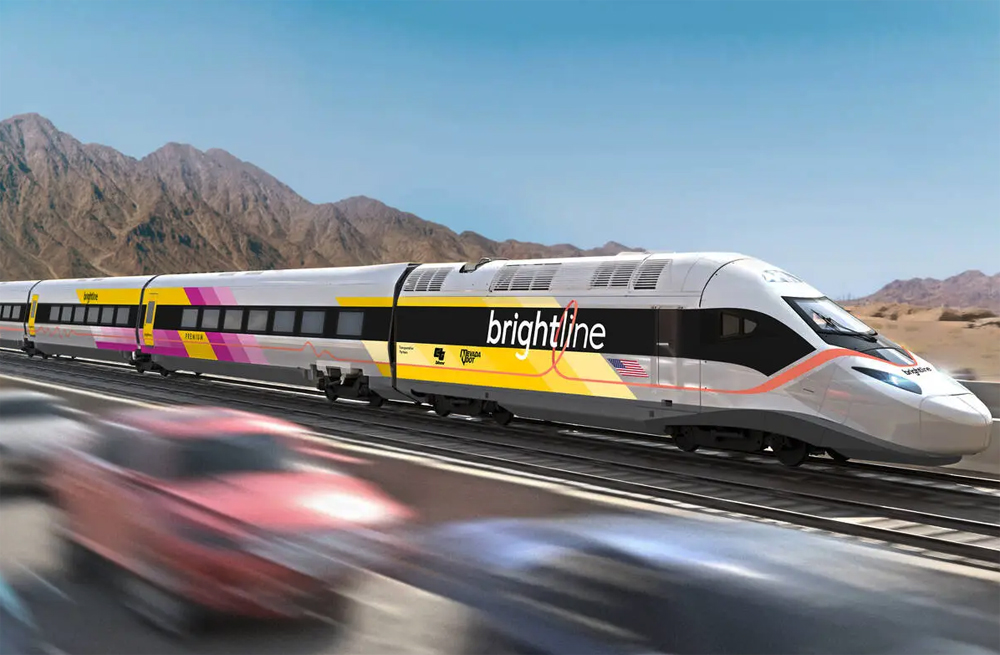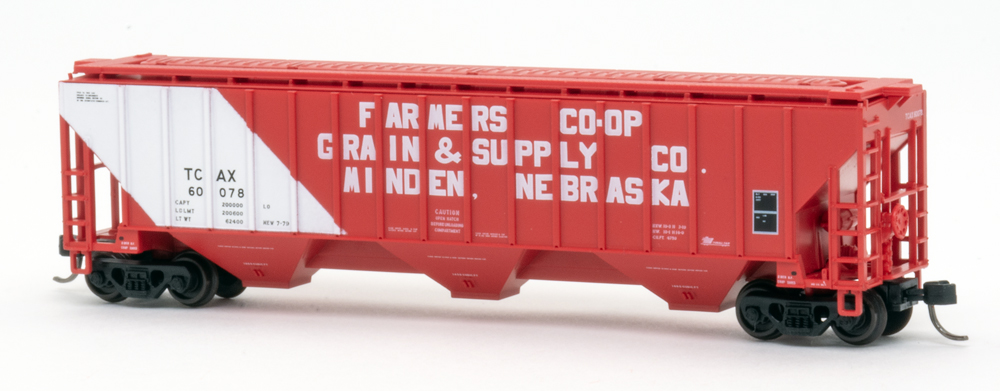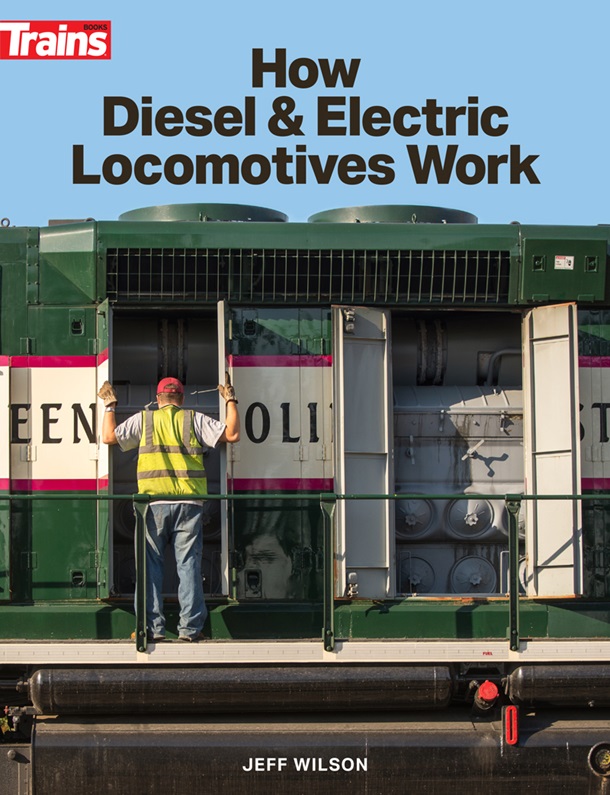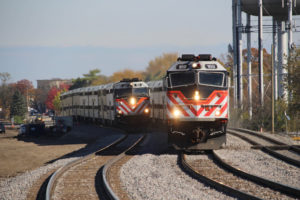
TRAINS: David Lassen
With the financial vise tightening around transit agencies, and prospects diminishing for a rescue from Washington, severe service cuts are coming, accompanied by thousands of layoffs for workers who operate and maintain trains and buses.
Public meetings this month in Boston, New York, Washington, and Chicago reveal the extent of the economic carnage taking place in cities across the country. The Chicago Transit Authority (CTA) will come up $375 million short this year. For Washington Metro, it’s $176.5 million.
The Massachusetts Bay Transportation Authority (MBTA) faces a budget gap of $580 million next year. LA Metro was forced to cut its fiscal 2021 budget by $1.2 billion.
All that pales compared to the New York Metropolitan Transportation Authority (MTA), which forecasts a $16 billion shortfall through 2024. The MTA had counted on $3.9 billion coming this year from a Democratic-led stimulus bill, known as the HEROES Act, passed by the House of Representatives in May but never taken up by the Senate. Congressional negotiators remain far apart and it’s unclear if outgoing President Donald Trump would sign a bill even if one were passed.
The MTA subsequently asked for an additional $12 billion in federal aid on top of the expected $3.9 billion. With neither forthcoming, the agency is now planning to borrow $2.9 billion from the Federal Reserve before Dec. 31, adding to its current debt load of $46 billion.
Those borrowed funds won’t go far to fill a $16 billion gap. Without a massive federal bailout, the MTA is preparing to raise fares by 4% and slash subway and bus service 40%. Commuter rail, including Long Island Rail Road and Metro North, will be cut 50%.
Robert Foran, the agency’s chief financial officer, says they could reduce the subway fleet by 35%. That would mothball about 2,200 of the MTA’s 6,400 subway cars. He didn’t cite a number for commuter rail.
Patrick Foye, MTA chairman and CEO, calls the situation “a crisis that has done more damage to our finances than even the Great Depression in the Thirties.” Substantial layoffs include 4,587 New York City Transit workers and 933 from the LIRR and Metro North. Foye says, “There is no recourse.”
Transit agency leaders cite not only the importance of a strong economic recovery to preserve urban transportation, but the importance of urban transportation in the economic recovery.
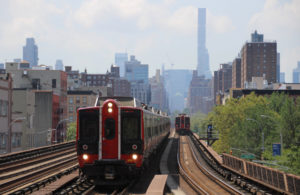
TRAINS: David Lassen
With ridership still 90% below normal, Chicago commuter rail operator Metra projects a $540 million shortfall through 2024. Metra CEO Jim Derwinski says their budget projections are based on 20% of pre-pandemic passenger loads this year, rising to 50% in 2021 and 80% in 2022-2023, but admits they won’t even meet this year’s plan.
The CTA anticipates service cuts and “significant employee layoffs” without additional federal aid, says the authority’s president, Dorval Carter. Not mincing words, he adds, “This is Armageddon type stuff.”
Chicago could see transit cuts comparable to New York. Carter explains, “In terms of deficits as a percentage of budget, New York MTA’s deficit and CTA’s deficits are almost identical. So that should give you some indication of what type of service adjustments we would be facing.”
The Southeastern Pennsylvania Transportation Authority (SEPTA) saw farebox revenues plummet 90% during the summer. “We did shorten and decrease the system and service quite a bit,” says Leslie Richards, SEPTA general manager. Federal stimulus funds have helped, “but we don’t anticipate it’s going to get us through next year by any means.”
This week, SEPTA tells Trains it was able to avoid previously planned cuts to capital projects totaling $250 million. But the agency is still feeling pain. “We don’t anticipate there to be a snap of anyone’s fingers and we go back to pre-COVID condition. In fact, we’re not expecting that to happen for years; possibly not happen at all,” Richards says. [Richards discusses the situation at SEPTA in the Trains Interview in the News section of January’s magazine.]
The MTA commissioned consulting firm McKinsey & Company to peer into the future. Commuter rail may remain at 80% to 92% of pre-pandemic levels through the entire decade, it found, a result of remote work, reduced tourism to the city and ongoing public health concerns.
In Boston, the Massachusetts Taxpayers Foundation looked at data that projects employment in the Commonwealth, two years out, stuck at 300,000 below February 2020.
Stephanie Pollack, secretary of the Massachusetts Department of Transportation, noted that these are industry-wide issues.
The only way out of the financial hole for most transit agencies is through deep cuts in service and head count. And as those cuts spread to Denver, Maryland, Los Angeles and San Francisco, only massive federal aid can stave off the worst of these draconian measures.
For MTA’s Foye, the future depends on Washington, with hopes that President-elect Joe Biden might increase the possibility of assistance. “If Senate Republicans maintain their majority and their position that the MTA and mass transit not be funded, things may not change much at all. Their indifference to the future of mass transit in this country has been an infuriating roadblock, but we’re cautiously hopeful that Amtrak Joe might help clear it.”






